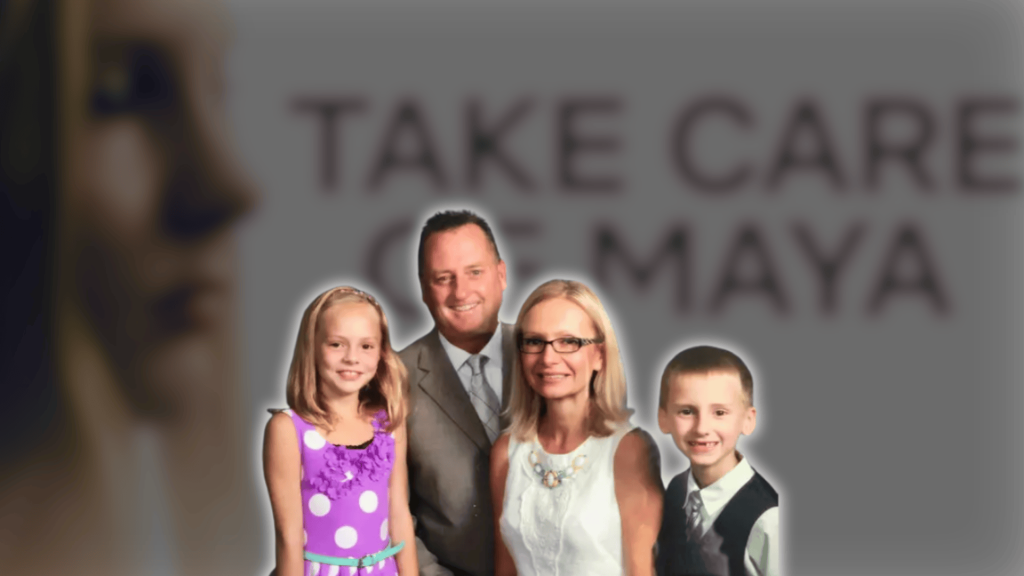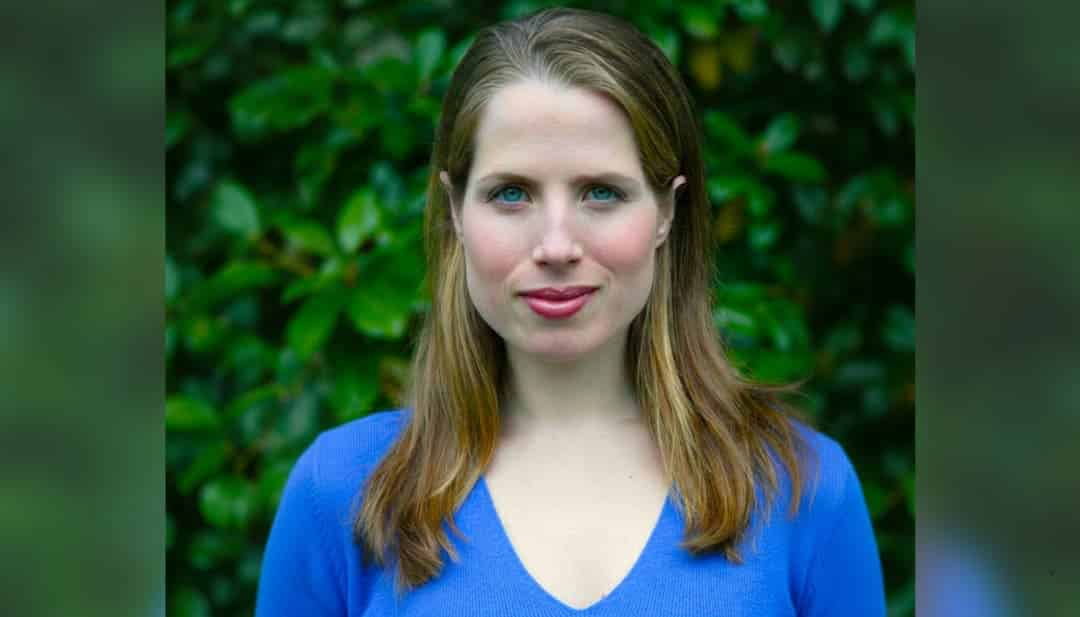The Maya Kowalski case resulted in one of the largest medical malpractice settlements in Florida history, fundamentally changing how hospitals approach suspected child abuse cases.
In 2016, 10-year-old Maya Kowalski was admitted to Johns Hopkins All Children’s Hospital for treatment of complex regional pain syndrome.
Hospital staff suspected child abuse and separated Maya from her family for months, contributing to her mother Beata’s suicide in 2017.
The resulting lawsuit challenged the boundaries between medical judgment and parental rights, ultimately producing a $208.4 million settlement that established new precedents for healthcare accountability.
Background of the Maya Kowalski Case
On October 7, 2016, Maya was rushed to the emergency room at Johns Hopkins All Children’s Hospital in St. Petersburg, Florida, due to extreme pain from her rare chronic condition.
The hospital staff questioned the legitimacy of her diagnosis and suspected medical child abuse.
Maya was evaluated by a child-welfare agency doctor who specialized in detecting child abuse.
Hospital personnel contacted the Florida Department of Children and Families, which opened an investigation resulting in a court order requiring Maya to be sheltered at the hospital for approximately three months.
During this period, medical orders included isolating Maya and restricting family visits, despite the family’s attempts to secure her release.
The family subsequently filed a lawsuit against Johns Hopkins All Children’s Hospital, with Maya’s father, Jack Kowalski, named as plaintiff representing Maya and his wife’s estate.
Maya Kowalski Legal Claims
The Kowalski family filed a comprehensive lawsuit against Johns Hopkins All Children’s Hospital, asserting multiple legal theories to address the harm they experienced.
Each claim targeted different aspects of the hospital’s conduct and sought various forms of legal remedy. The case proceeded under Florida state law, which provides the legal framework for medical malpractice and patient rights disputes.
The lawsuit included several distinct legal claims:
- Medical malpractice: Allegations focused on the hospital’s failure to provide appropriate medical care and a proper diagnosis of Maya’s condition
- Battery: Claims addressed medical treatments performed without proper informed consent
- False imprisonment: Charges related to Maya’s unlawful detention at the hospital
- Intentional infliction of emotional distress: Claims addressing the psychological harm caused to family members
- Wrongful death: Claims connecting the hospital’s actions to Beata Kowalski’s suicide, arguing that the hospital’s conduct was a substantial factor in causing her death
Florida law governs medical malpractice claims through specific statutory requirements and establishes important protections for families in medical settings.
The legal system recognizes fundamental parental rights while also providing mechanisms for child protection when necessary. The Maya Kowalski case tested the boundaries between child protection duties and parental rights, requiring the court to balance these competing legal interests.
Maya Kowalski Trial
The Maya Kowalski case proceeded to trial after both parties had undergone extensive pre-litigation preparation.
The Kowalski legal team spent several years developing their case, focusing on establishing both liability and the extensive damages suffered by the family.
The plaintiff’s presentation relied heavily on expert medical testimony. Medical professionals testified about complex regional pain syndrome, explaining the legitimacy of Maya’s diagnosis and appropriate treatment protocols.
These experts challenged the hospital’s initial assessment and provided the jury with crucial context about this rare condition.
Documentary evidence formed another cornerstone of the family’s case, including detailed medical records, internal hospital communications, and reports from child protective services that revealed the timeline of events.
The Netflix documentary “Take Care of Maya” had already brought national attention to the case, providing additional public context that helped humanize the family’s experience.
Johns Hopkins All Children’s Hospital mounted a vigorous defense of its staff’s decisions and institutional policies.
The hospital’s legal team argued that personnel had followed established protocols for reporting suspected child abuse cases.
The hospital presented its own medical experts who testified about the appropriateness of the initial concerns raised by treating physicians.
Jury Decision and Appeals
The jury delivered a historic verdict in favor of the Kowalski family, awarding one of the largest medical malpractice settlements in Florida history.
The case proceeded through multiple stages of judicial review, with the hospital continuing to challenge both the liability findings and the substantial damage award.
The jury’s initial verdict included several components:
- Total award – $261 million in combined compensatory and punitive damages across multiple legal claims
- Compensatory damages – $211 million addressing economic losses (medical expenses, lost financial support, future care costs) and non-economic losses (pain, suffering, emotional distress)
- Punitive damages – $50 million awarded to punish the hospital’s conduct and deter similar institutional behavior
The trial court conducted a mandatory post-verdict review of the damage award under Florida law.
On January 16, 2024, Judge Carroll issued a ruling that reduced the total damages by $47.5 million to $213.5 million. The judge strongly criticized Johns Hopkins All Children’s Hospital for continuing to defend its actions as exemplary medical care despite jury findings of conduct toward Maya and her family akin to “torture.”
Despite the reduction, Judge Carroll clarified that the damage award remained appropriate, stating: “Just because the Court remitted a few jury awards, it does not follow that the entirety of the jury verdicts were improper or the product of passion. They were not.”
Johns Hopkins All Children’s Hospital filed an appeal of the judgment, challenging both the liability findings and the damage award amount.
The hospital’s lawyers argue the damages were excessive and cite Maya’s emotional testimony as improperly inflaming the jury.
Hospital attorney Ethen Shapiro defended the institution’s actions, stating they had “reasonable suspicion of medical child abuse” and no discretion in Maya’s placement.
The Maya Kowalski settlement remains unpaid during the appellate process.
Following the verdict, Maya Kowalski, now 17, told reporters: “For the first time, I feel like I got justice.” The final resolution awaits completion of the appellate proceedings.
Legal Impact and Implications
The Maya Kowalski case has established significant precedents that will influence both healthcare institutions and legal practitioners.
The substantial settlement amount and jury findings create new standards for institutional accountability while providing valuable lessons for future medical malpractice litigation.
This landmark case establishes several important precedents and practice considerations:
- Institutional liability expansion: Hospitals now face potential legal consequences for overreaching in suspected child abuse investigations
- Standard of care clarification: Medical institutions must demonstrate appropriate consideration of legitimate diagnoses before questioning parental credibility
- Rare disease validation: The verdict validates the medical reality of complex regional pain syndrome and similar rare conditions, improving future treatment approaches
- Expert witness importance: Comprehensive case development requires carefully chosen medical experts who can establish both liability and damages effectively
- Settlement risk assessment: Legal teams must weigh trial potential against appellate risks and substantial litigation costs when evaluating settlement offers
The Maya Kowalski settlement demonstrates how institutional overreach can result in massive financial liability while establishing new benchmarks for medical malpractice case valuation.
The Bottom Line
The Maya Kowalski settlement stands as a watershed moment in medical malpractice law, demonstrating that institutional decisions carry profound legal and financial consequences.
The $213.5 million award sends a clear message to healthcare facilities about balancing child protection duties with family rights and due process.
While under appeal, the case’s impact extends beyond the courtroom.
Medical institutions nationwide are reassessing protocols for rare disease cases and child abuse investigations. Legal practitioners now have a powerful precedent for pursuing institutional liability claims.
For Maya Kowalski, now 17, the verdict represents more than financial compensation; it validates her family’s suffering and ensures other families facing similar medical crises may receive more careful, compassionate treatment from healthcare institutions.
What are your thoughts on the Maya Kowalski settlement? Share your perspective in the comments below.






































